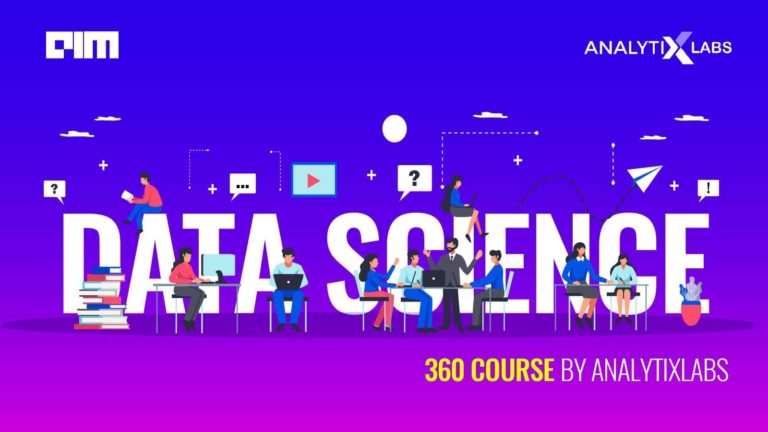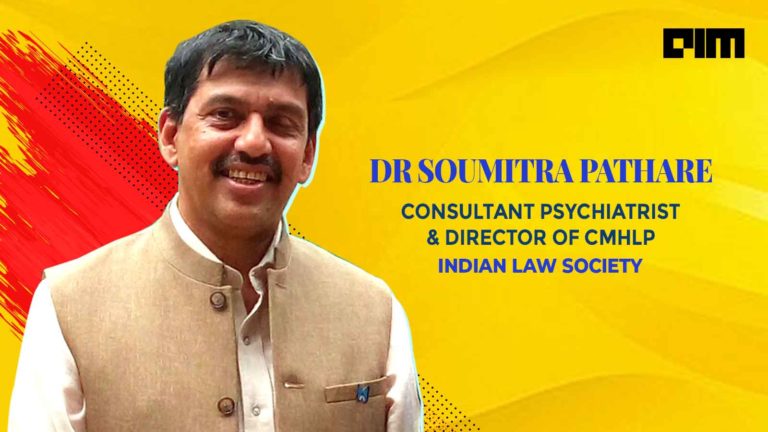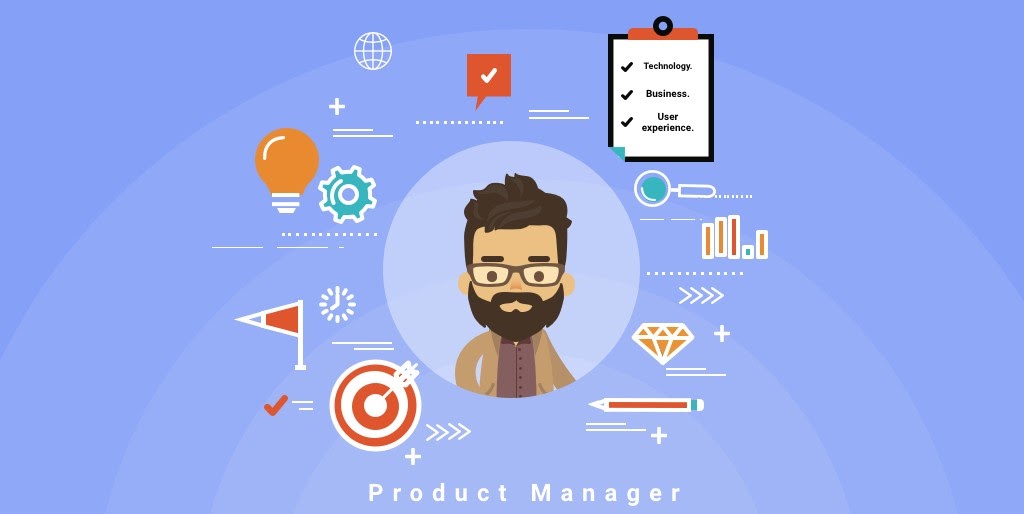Today, in the world of analytics and AI, as almost every decision is data-driven in the corporate world, Sattva Consulting, a research and consultancy firm, realised that the social sector is falling behind in the field.
With a mission to change this, Sattva Consulting, whose clients are only from the social sector including non-profits, CSRs, philanthropic organisations, and a few governments, started its own website called India Data Insights to help their clients make more informed data-driven decisions.
Analytics India Magazine got in touch with Ms Vrunda Bansode who heads the India Data Insights (IDI) team at Sattva to learn more about the challenges the social sector faces in terms of using open data and how the initiative is helping in overcoming them.
Challenges For The Social Sector To Use Open Data
While the social sector realises the importance of data, it fell behind in its use due to several fundamental reasons, some that have to do with data itself, and others in terms of affordability.
A couple of years back, open data was an upcoming phenomenon. With the open data policy, more data is being published; however, it is still available in silos and lacks interoperability.
To form one complete dataset that can actually be used for analysing data and solving problems, not only is it available at different locations but also lacks standardisation to be collated together. This is due to several reasons.
One is that different ministries in one government do not share data with each other, according to Ms Bansode. Hence, for instance, the Ministry of Education generates a lot of its own data but does not use any data generated by the Ministry of Water Resources.
Secondly, datasets published do not have the same architecture or granularity. So if one wants to use the data from two different ministries, sometimes it cannot be collated together as it is aggregated at different geographies or maybe the format is completely different. Sometimes, granularity itself is defined differently.
“In such cases, one cannot get a complete picture to analyse and find the answers to relevant questions,” said Ms Bansode. “If, for instance, education data is showing a lack of school attendance in one district, one cannot conclude the reason behind it, if it has to do with bad water quality resulting into many students getting ill.”
Apart from the issues of data availability and interoperability, another reason why non-profits cannot make use of data-driven approaches is the affordability of the talent that can help them do that.
IDI For A More Data-Driven Social Sector
In keeping with the ‘open data’ spirit, not only does IDI help collate data across sectors from different sources, but it also makes it available to everyone free of cost. What it charges its customers is the analysis, visualisation and insights that come from this data.
“Many funders to the NGOs are looking for their organisations to be more data-oriented. Instead of hiring a person with a skillset, to collate and then analyse data, which could easily cost them a few lakhs of rupees annually, we provide these services only for ₹50,000 a year,” said Ms Bansode.
“Another goal that IDI wants to achieve is to narrow down where the problem is,” said Ms Bansode. “Hence, instead of just focusing on the Global Hunger Index, where India ranks 102, we want to identify within India which districts are the most vulnerable in terms of hunger and where the malnutrition problem is most acute.”
This strategy has also helped IDI, to advise CSRs to direct their funding in an area where it is most needed. Since the CSRs, being a part of big corporations, are located in big cities, the majority of the funding was going to districts that are relatively better to do than others.
The Aspirational Districts Program by NITI Aayog identified 115 most underdeveloped districts in India. However, states that account for only 15% of backward districts received more than 60% of the CSR expenditure in 2017-18.
“These are the kind of discrepancies and skewed distributions of CSRs that we are able to point out and that influences the funding decisions,” said Ms Bansode.
Going Forward
While advanced analytics and complex data science solutions using the currently available government data is too premature to achieve, IDI wants to keep helping the social sector make informed data-driven decisions. This could be to help solve social problems for an NGO or help CSRs decide where to direct their fundings.
IDI also aims to keep working with the government on open data to adapt and find solutions as the technology moves forward.




















































































